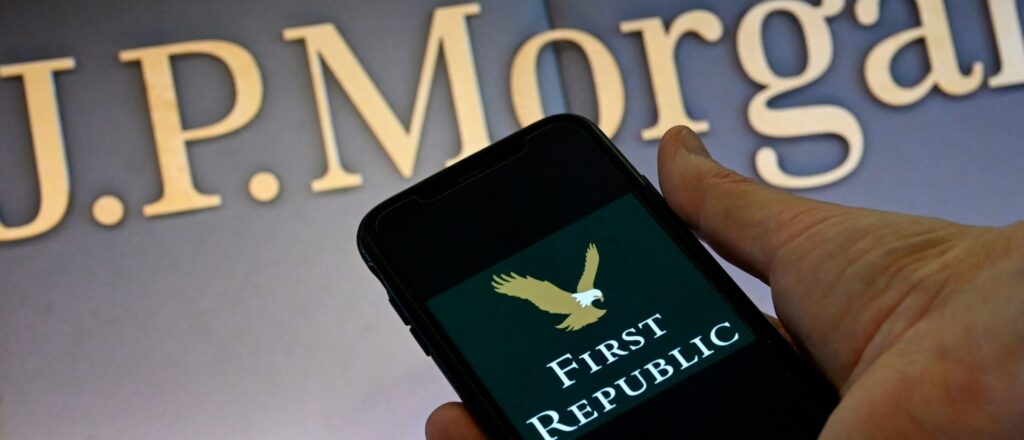The federal government is shelling out $13 billion to take over and sell First Republic Bank to JPMorgan Chase after the regional bank failed over the weekend, but the costs of the process could end up being passed on to average Americans.
The FDIC initially estimated that the cost to its Deposit Insurance Fund (DIF), which protects depositors and resolves failed banks, will be around $13 billion, according to a press release from the FDIC. However, the FDIC will charge fees to banks to recoup its losses, which will eventually be passed on to everyday consumers, E.J. Antoni, research fellow for Regional Economics at the Heritage Foundation’s Center for Data Analysis, told the Daily Caller News Foundation.
“The FDIC gets its money from banks by levying fees and those charges are passed on to customers,” he told the DCNF. “To cover the cost of the three recent bank collapses, the FDIC will be levying a ‘special assessment’ that will ultimately increase the costs customers are paying.”
JPMorgan Chase will also receive $50 billion in financing to complete the deal.
“The FDIC can also get money from the Treasury, where it has an existing line of credit,” Antoni added. “That comes out of the taxpayer’s wallet. The more banks the FDIC bails out, the more expensive this gets for you and me.” (RELATED: Major Bank’s Stock Continues Crashing As It Begs Fed For Aid To Avoid Collapse)
All content created by the Daily Caller News Foundation, an independent and nonpartisan newswire service, is available without charge to any legitimate news publisher that can provide a large audience. All republished articles must include our logo, our reporter’s byline and their DCNF affiliation. For any questions about our guidelines or partnering with us, please contact licensing@dailycallernewsfoundation.org.


